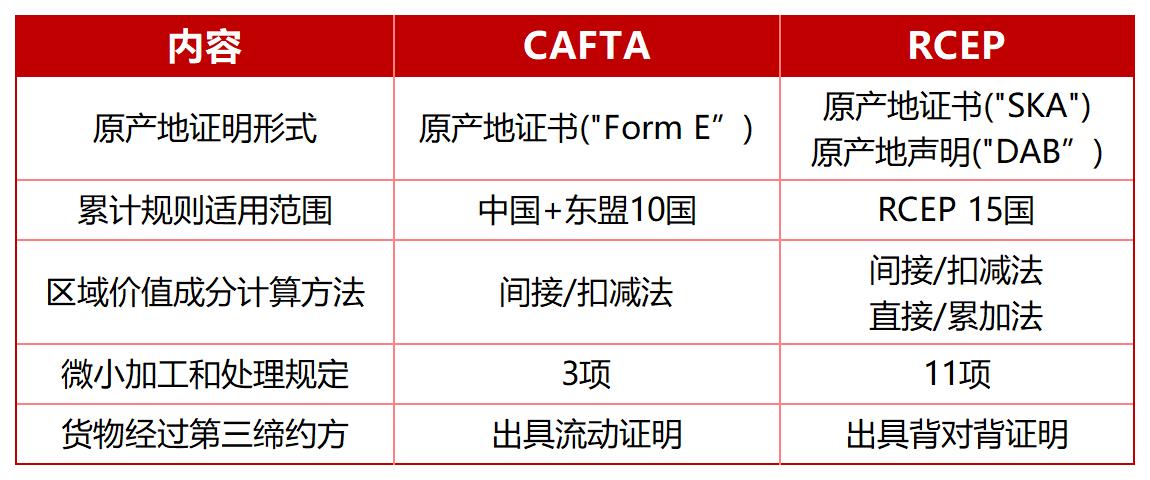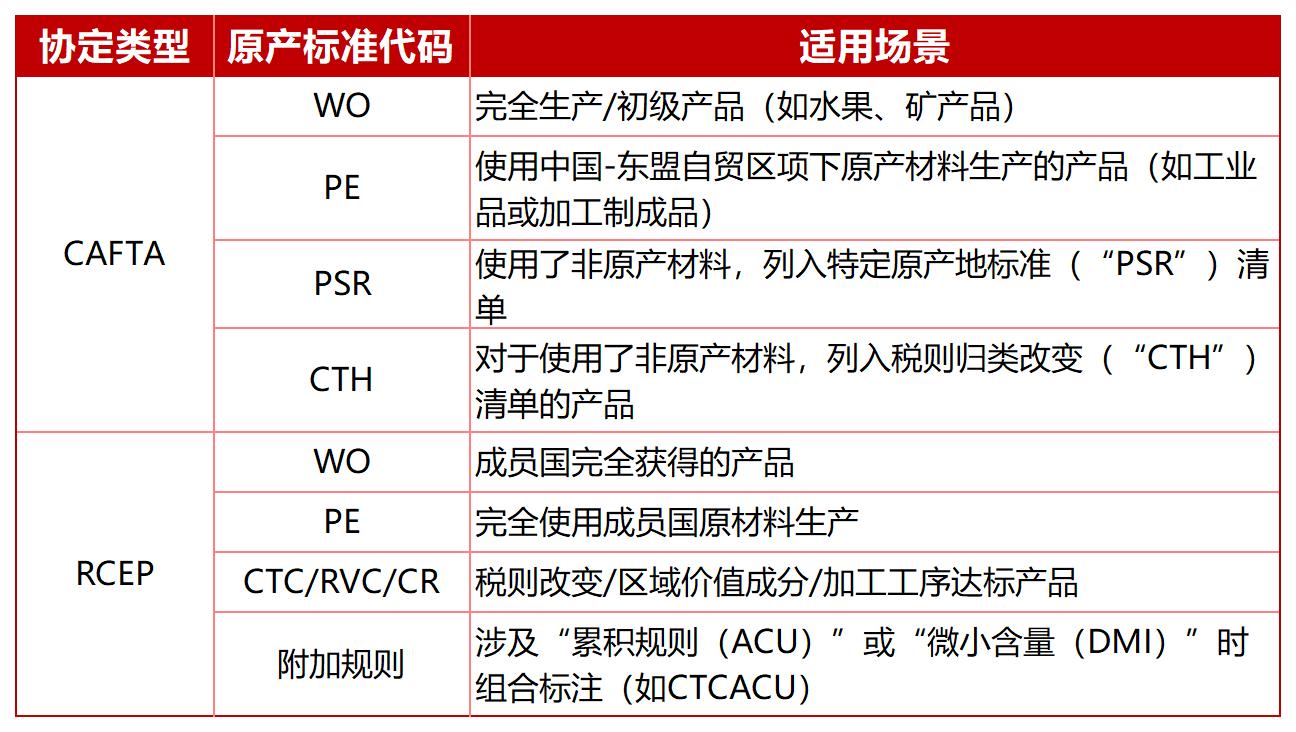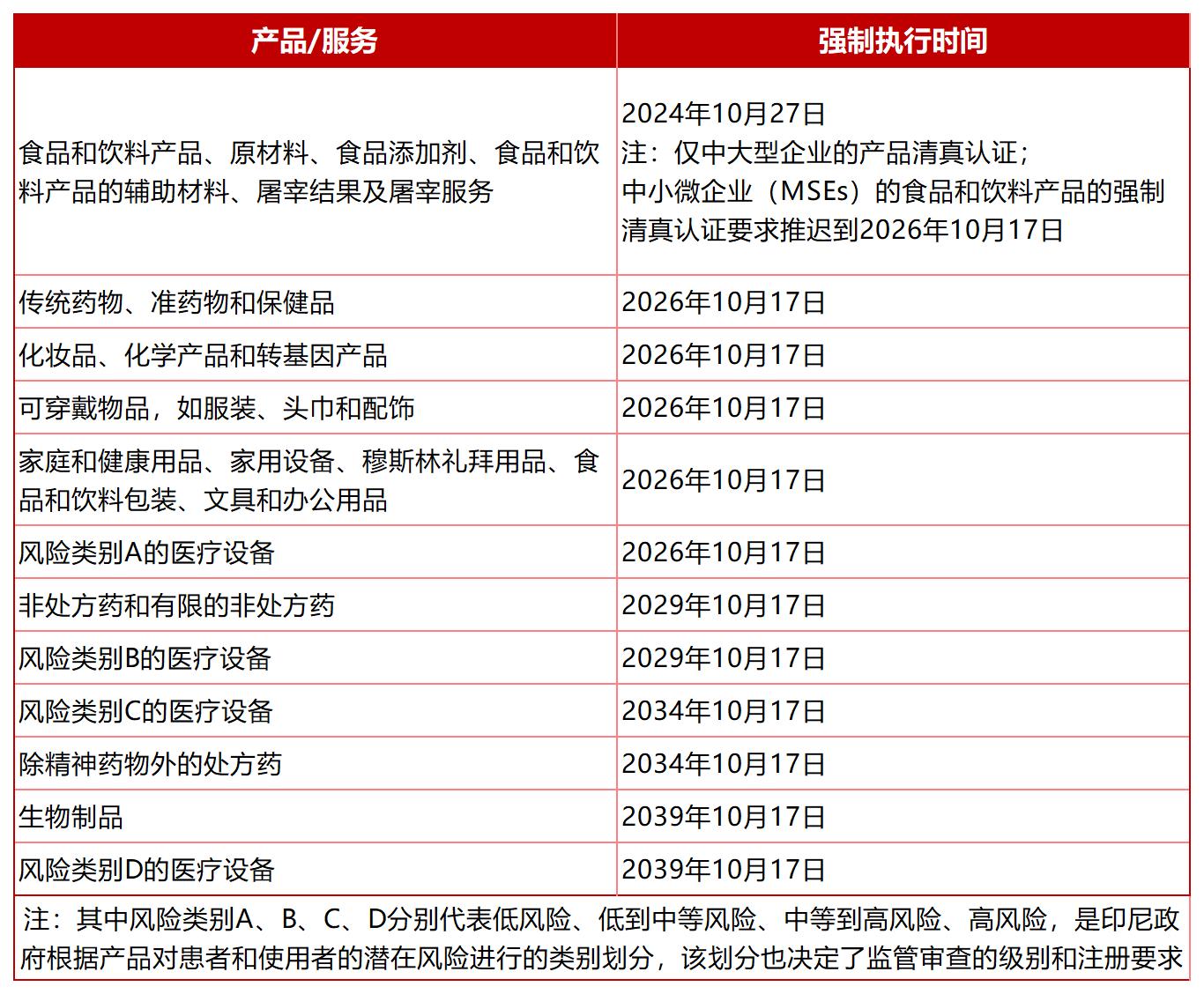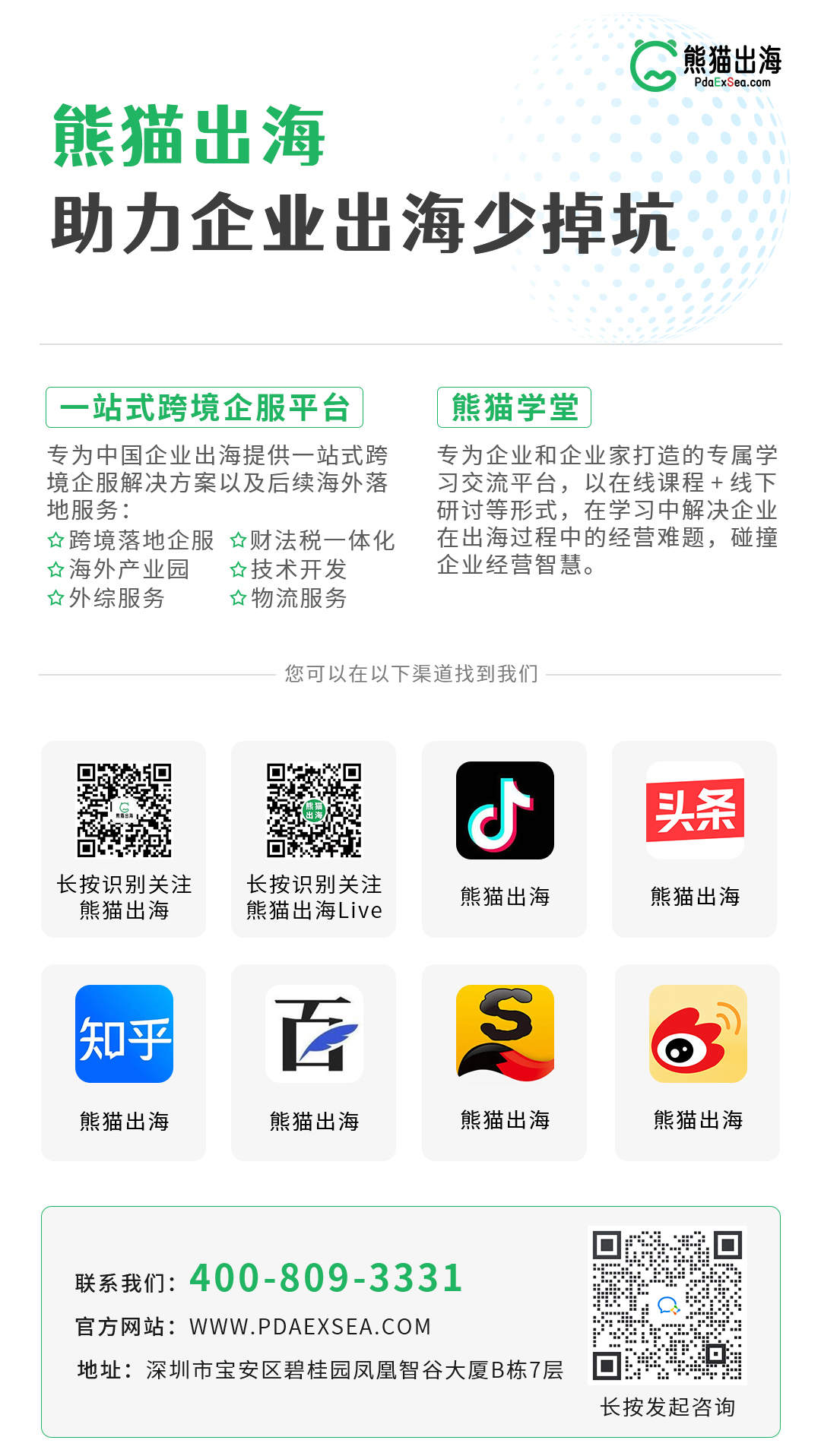For Chinese companies, as the largest economy in Southeast Asia, Indonesia, with a population of 280 million, has a consumer market like a vast ocean, which is growing steadily with economic development.
01
Preferential tariff policy for Chinese goods exported to Indonesia
Chinese goods can enjoy tariff reductions and exemptions through the China-ASEAN Free Trade Agreement (“CAFTA”) and the Regional Comprehensive Economic Partnership (“RCEP”).
(1) Comparison between CAFTA and RCEP
Before RCEP comes into effect: China-Indonesia trade is mainly based on CAFTA tariffs, and most goods are still subject to tariffs.
After RCEP comes into effect:
Indonesia implements zero tariffs on 65.1% of Chinese goods (covering 700 categories of products such as auto parts, motorcycles, televisions, clothes and shoes, plastic products and luggage).
China implements zero tariffs on 67.9% of Indonesian goods (including pineapple juice, canned food, coconut juice, pepper, diesel, paper products, some chemicals and auto parts, etc.).
Enterprises can enjoy tariff reductions by applying for CAFTA certificates of origin or RCEP certificates of origin. It is recommended that enterprises make a comparison of free trade agreement tariff reductions in advance and apply for the corresponding preferential certificates of origin on a preferential basis in order to maximize the benefits of tariff reductions.

(2) HS Coding Rules
The HS code applicable to overseas products may be different from the code applicable in Indonesia, but the first 6 digits of the HS code can be used to determine the HS code that may be applicable in Indonesia.
(3) Specifications for filling in the CAFTA and RCEP origin standards

02
Halal certification for imported products
Articles 159 to 161 of Government Regulation No. 42 of 2024 stipulate the deadline for obtaining product halal certificates:

Among the ingredients of the product, the prohibited ingredients must be printed in different colors. In addition, the non-halal instructions must be easy to see and read and not easily erased, removed or damaged.
When Chinese companies go to Indonesia, in addition to enjoying the benefits brought by tariff reductions and exemptions, cumulative rules of origin and other policies brought by CAFTA and RCEP for China-Indonesia trade, they still need to pay attention to Indonesia's latest import and export supervision and tariff policy trends.
In addition, in terms of customs clearance, Indonesian customs has delayed customs inspections of goods upon arrival at the port. During the "red light period for customs clearance" from December to March of the following year, the time and procedures for customs clearance are more variable.
When expanding the Indonesian market, domestic companies should adjust their export plans in a timely manner to adapt to changes in market dynamics.
If you are preparing to export goods to Indonesia, or want to learn more about Indonesia's import and export procedures, import limits, tariffs and customs inspection policies and required documents, please feel free to contact PDAEXSEA professional consultants。
Scan the QR code for consultation:



